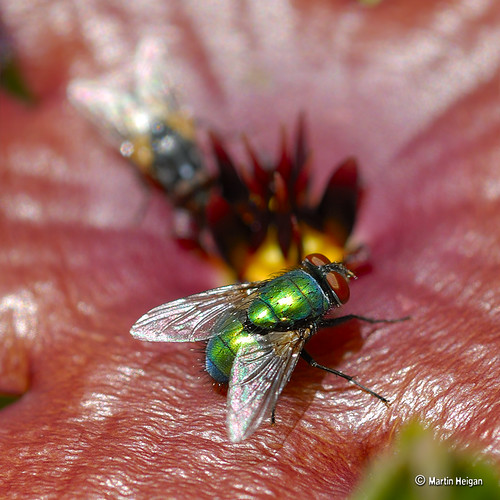
I was listening to a new podcast called Invisibilia and the hosts were discussing the topic of unwanted thoughts. (“The Secret History of Thoughts” is the episode title)
Any thoughts from the emotionally self-injuring ones, to violent ones, to obsessive thoughts and worries. Everyone has them and some people develop dysfunctions that make life difficult or unbearable. Anxiety has a lot to do with it too.
What thoughts really are and how meaningful they are has been up for debate by professionals over the last 100 years.
Here are the top 3.
• Theory 1: Thoughts are very meaningful and are red flags of something deeper and sometimes something more sinister. (Freud and his ilk)
• Theory 2: Thoughts are not as meaningful as we thought and the key is to compensate or overcome them with opposite (reforming) thinking over a period of time (Cognitive Behavior Therapy).
• Theory 3: Of the three top theories, a third one in particular is getting momentum right now. To me, it seems to have an “ancient/new” quality to it…
The advice goes something like this.
“Keep the good thoughts and let the others float away.”
Does that sound flaky?
Think of it as laid back. Chill.
• The idea flies in the face of modern psychology that has us dig around a lot and examine every negative thought. Analyze it, get to what you think is the root, dig some more, and pick it all apart. See if has something to do with a repressed issue, a dark secret, the bad parents we probably had, or primal urges to kill and hump, and whatnot.
• The third theory also is a very different tact than what happens with theory #2.
Maybe thoughts are like clouds.
Your thoughts are nothing to worry about. Probably.
So the new tactic for dealing with unwanted thoughts is about training our focus and being gracious with ourselves. Sounds like a spiritual discipline to me!
It’s a recollection of the ancient idea that what you feed, grows and dominates.
Some proverb like…
“There are two wolves fighting inside each of us. One is good and one is bad–and each one wants to rule the other. Which one will win? …The one you feed.”
or
Finally, brothers and sisters, whatever is true, whatever is worthy of respect, whatever is just, whatever is pure, whatever is lovely, whatever is commendable, if something is excellent or praiseworthy, think about these things. And what you learned and received and heard and saw in me, do these things. And the God of peace will be with you.
ref.
Some times I assume my passing or repeating unwanted thoughts have larger meaning and import, but maybe they just move in and around like the weather. I make them weighty like rocks. Maybe that’s not helpful. We take these rocks and place them in a pile, sometimes, don’t we?
We worry about our worries. We worry about what is wrong with us. We make a big, sad pile to stand for something, like a reminder…or…
we make a cairn. But, the wrong kind. A cairn should be a trail marker or situate like standing stones marking the best of ourselves or our dreams. A cairn is about hope.
Your repetitive thoughts aren’t stones, they are clouds.
The good thoughts can get a upgrade to something more substantial…let the others drift away.



